The smart home advantages are increasingly compelling, promising a more efficient, secure, comfortable, and accessible living experience. This analysis will delve into the core smart home advantages, illustrate their practical application in everyday scenarios, address common concerns that might hinder adoption, and ultimately underscore why embracing smart home technology allows you to “Live Smarter Now.
Contents
Smart Home Advantages Unveiled
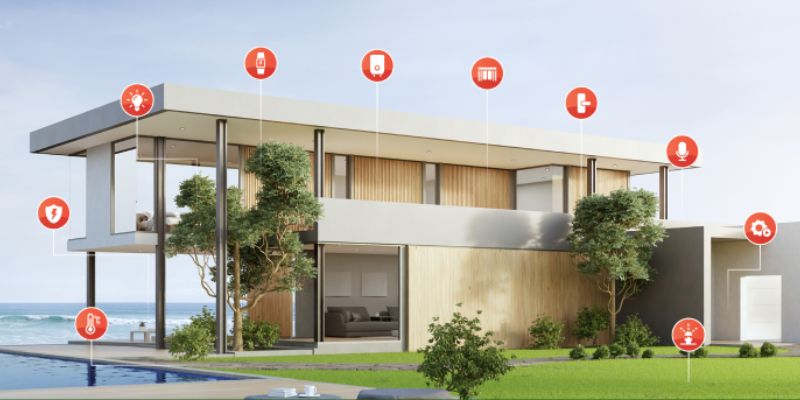
The adoption of smart home technology brings forth a wide array of smart home advantages that cater to various aspects of modern living:
Unparalleled Convenience and Automation
One of the most significant smart home advantages lies in the ability to automate routine tasks. Imagine lights turning on automatically as you enter a room, your thermostat adjusting to your preferred temperature before you wake up, or your coffee machine starting to brew at a set time – all without manual intervention.
Remote control capabilities further enhance convenience, allowing you to manage your home’s systems from anywhere in the world via your smartphone or other connected devices. This level of automation and remote access saves time, reduces effort, and provides greater control over your living environment.
Enhanced Security and Peace of Mind
Security is a paramount concern for homeowners, and smart home advantages in this domain are substantial.
Smart security systems, including cameras, door locks, and motion sensors, offer real-time monitoring and alerts, providing a significant deterrent to potential intruders. Remote access allows you to check on your home while you’re away, and features like smart doorbells with two-way communication enable you to interact with visitors without opening the door.
The integration of AI in some security systems further enhances their effectiveness by offering features like facial recognition and anomaly detection.
Significant Energy Efficiency and Cost Savings
The smart home advantages extend to environmental and financial benefits through intelligent energy management. Smart thermostats learn your heating and cooling preferences and automatically adjust settings to optimize energy usage, leading to lower utility bills.
Smart lighting systems can be programmed to turn off lights in unoccupied rooms or adjust brightness based on natural light levels. Smart plugs can monitor the energy consumption of individual appliances, allowing you to identify and eliminate energy waste. These features contribute to a more sustainable lifestyle and significant long-term cost savings.
Increased Comfort and Personalization
Smart home advantages also encompass the creation of more comfortable and personalized living spaces. Smart lighting allows you to adjust brightness and color temperature to suit your mood or activity.
Smart sound systems enable multi-room audio control and personalized playlists. The ability to create customized scenes and routines allows you to tailor your home environment to your exact preferences, enhancing your overall comfort and enjoyment.
Improved Accessibility and Support
For individuals with disabilities or the elderly, smart home advantages can significantly enhance independence and quality of life. Voice control capabilities allow for hands-free operation of various devices.
Remote monitoring features can provide caregivers with peace of mind and enable timely assistance when needed. Integration with assistive technologies can create a more inclusive and supportive home environment.
Smart Home Advantages in Action
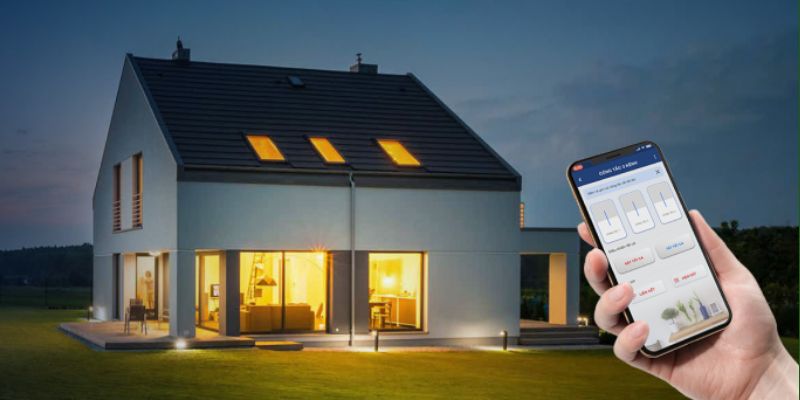
To further illustrate the “Why Go Smart?” question, consider these practical examples of smart home advantages in action:
- Remotely checking on their home security system while at work and adjusting the thermostat on their commute home to ensure a comfortable arrival.
- Utilizing smart plugs to track energy consumption and automating lighting and climate control to minimize their carbon footprint.
- Receiving alerts when doors or windows are opened unexpectedly and using voice commands to control entertainment systems hands-free.
- Controlling lights, temperature, and appliances using voice commands, enhancing their independence and ease of living.
Overcoming Perceived Barriers to Smart Home Adoption
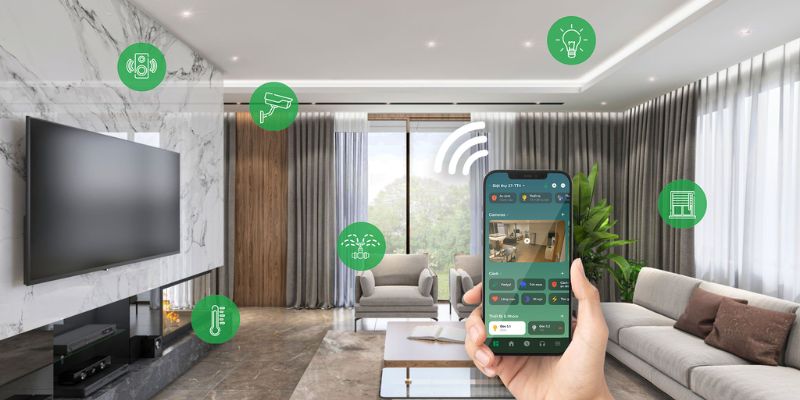
While the smart home advantages are clear, some perceived barriers might hesitate individuals from adopting this technology.
- While valid, advancements in security protocols, encryption, and user awareness are constantly mitigating these risks. Choosing reputable brands with strong security features and implementing robust network security practices are key.
- Modern smart home devices and platforms are becoming increasingly user-friendly, with intuitive apps and simplified setup processes. Starting with a few key devices and gradually expanding can also make the transition less overwhelming.
- While the initial investment can vary, the long-term energy savings and increased convenience often outweigh the upfront costs. Furthermore, the price of many smart home devices has become increasingly competitive.
- While challenges still exist, industry efforts towards standardization and the increasing compatibility of devices across different ecosystems are making integration smoother. Researching compatibility before purchasing devices is essential.
To Home Gadget Digest, the smart home advantages offer a compelling case for embracing intelligent living now. From unparalleled convenience and enhanced security to significant energy savings and personalized comfort, the benefits are tangible and directly impact our daily lives.
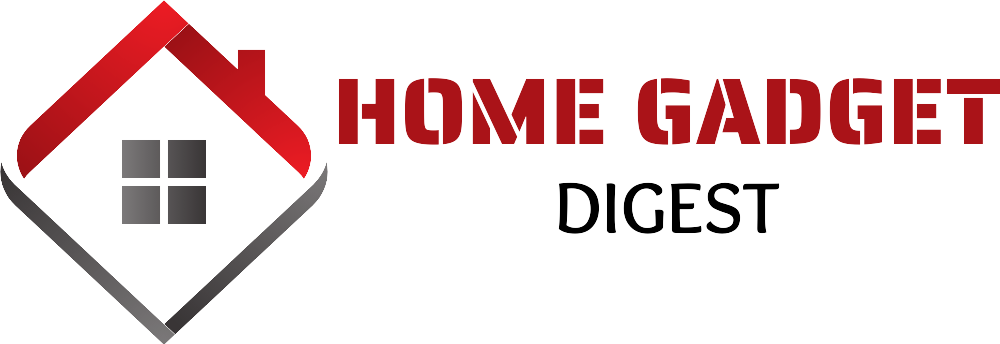



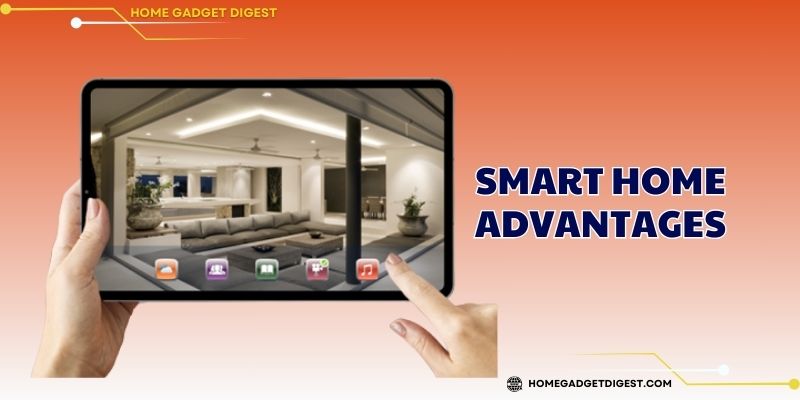

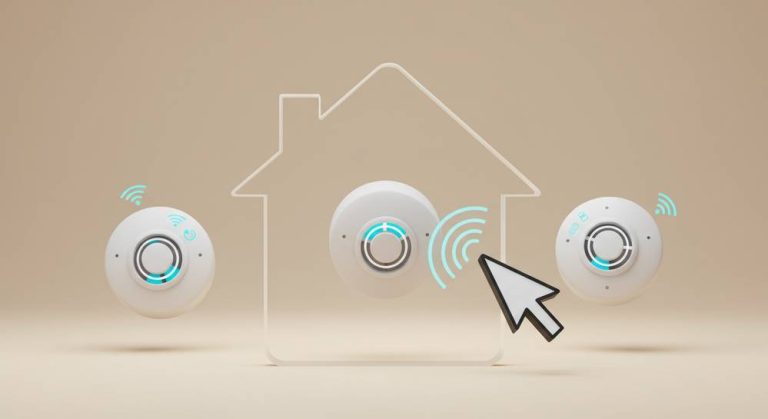
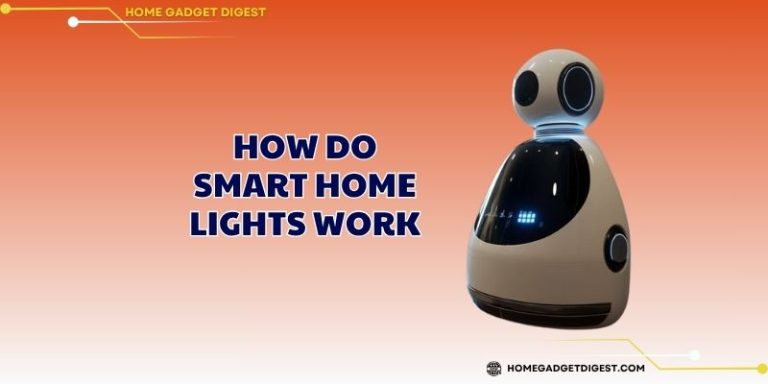








+ There are no comments
Add yours